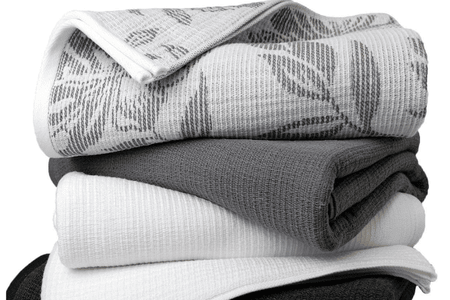
Textile sector to get some relief with reduced GST on yarn
YarnsandFibers News Bureau 2017-10-13 14:00:00 – SuratThe man-made fibres and yarns were slotted under 18 percent GST rate while the fabrics were slotted under 5 per GST slab with a condition of no refund ITC at fabric stage. This had created a huge accumulation of nonrefundable ITC with the weavers and blockage of working capital.
The Synthetic and Rayon Textiles Export Promotion Council(SRTEPC) stated that now the reduction of GST on man-made fibres and yarns from 18 percent to 12 percent will provide a major relief in unblocking of the working capital due to the huge accumulation of non-refundable input tax credit (ITC) and will be more manageable.
According to SRTEPC Chairman, Narain Aggarwal, the reduction in GST would benefit both the spinning and power loom sector who are the manufacturers and suppliers of yarns to the textile industry. As soon as the benefit is passed on to the entire downward value chain of the textile industry, our textile items in the global market will be more competitive. It will also help in ensuring that the country’s poor are clothed at an affordable price
The release of held-up refund of IGST paid on goods exported in July from October 10 onwards has come as a big relief to merchant exporters who have put in huge working capital. The refund of the huge amount will be again invested into increasing exports.
The merchant exporters will now have to pay nominal GST of 0.1 per cent for procuring goods from domestic suppliers for export.
However, leaders in the powerloom sector believe the spinners and yarn manufacturers are going to be benefited with the reduction in GST from 18 percent to 12 percent on yarn and MMF. Both the segments will get ITC refund.
Market Intelligence
Ask for free sample Report

experience
Customer Base
dedicated team
Countries Served Worldwide









